Home Remedies for Sick Children

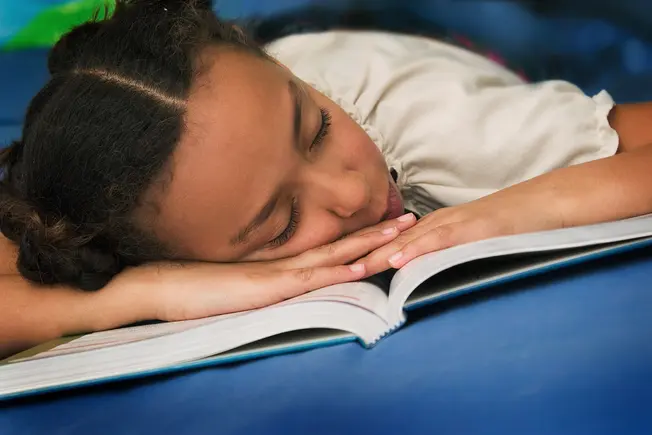
Rest Is Best
Rest helps you heal. And that’s a good reason to keep your child home when they are not feeling well. It’s even more important if they have a fever. You’ll help prevent spreading the germs to other people.
If they are not sleepy, they can rest while looking at books, magazines, or their favorite movie. The key is to limit activity. Once the fever passes and they feel more like themselves again, it’s time to go back to school.
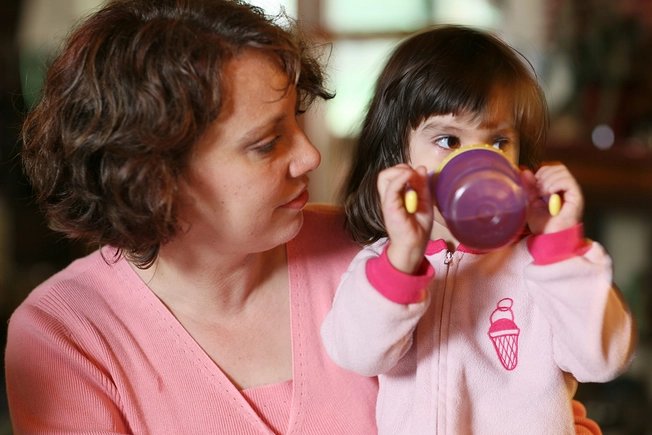
Keep the Fluids Coming
Give your young child water, milk, or formula to keep them hydrated. If they are older, you can also give them frozen fruit bars and ice pops. And don't forget about good ol' chicken soup.
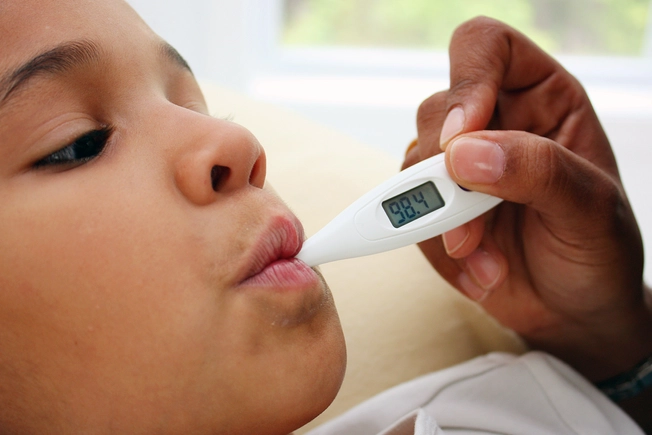
Cold or Flu?
It can be tough to tell the difference. In general, your child will feel worse with the flu, and they may go from fine to lousy fast. They may be exhausted and have chills, muscle aches, a headache, and a high fever. If you think it’s the flu, call your doctor right away. There’s medication that can help if it’s taken within a day or two of symptoms starting.
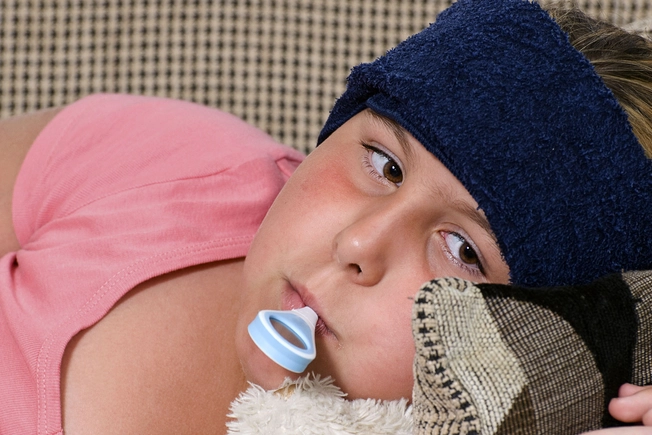
Fever Relief
A fever is the body’s way of fighting an infection. But having one can make your child uncomfortable. If they have a fever, they’ll be more comfy in light clothing in a cool room. Put a cool washcloth on their forehead and neck, too.
They may not need medicine to bring down their fever, but they may be able to take acetaminophen or ibuprofen. Check with your doctor before you give any medicine to a child younger than 2, and follow instructions carefully. Don't give ibuprofen to infants less than 6 months old.
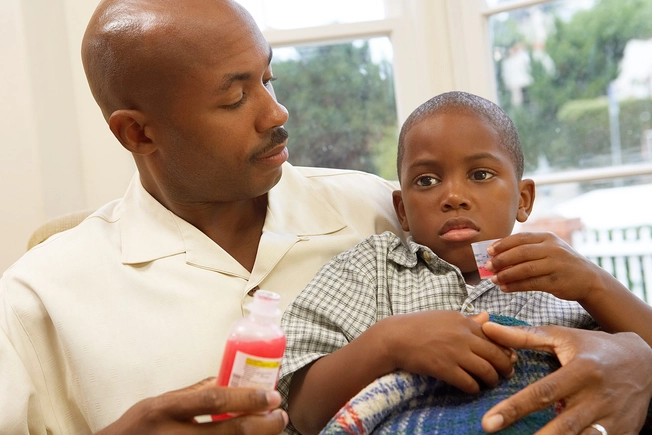
Kids and Cold Meds
For children under 4 years old, home remedies are the way to go for treating colds. Most cold medicines aren’t good for kids that young. After age 4, you should get your doctor’s OK and read the directions carefully. Don’t give your child medicine made for adults, aspirin, or more than one medicine with the same ingredients.
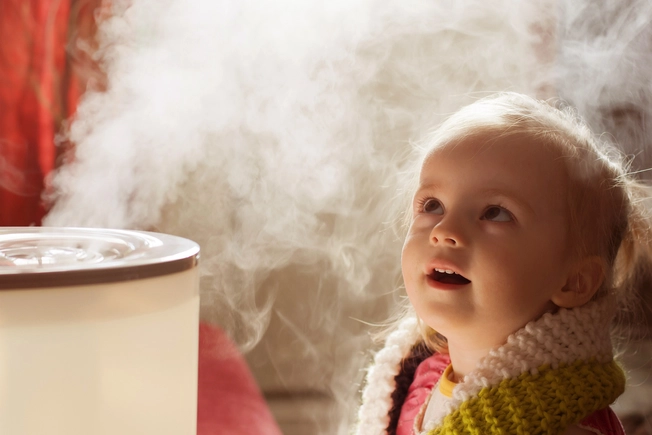
Clear Stuffy Noses
If your baby’s congested, get rid of the mucus with a rubber suction bulb. Put three drops of warm water or saline in each nostril to soften the mucus, and wait a minute before you suction it out.Raise the head of your child’s crib or bed 3 to 4 inches to make it easier for them to breathe.
A cool-mist humidifier or vaporizer can also help clear the stuffiness. And if their nose is red from too much blowing, put a little petroleum jelly on the skin beneath it.
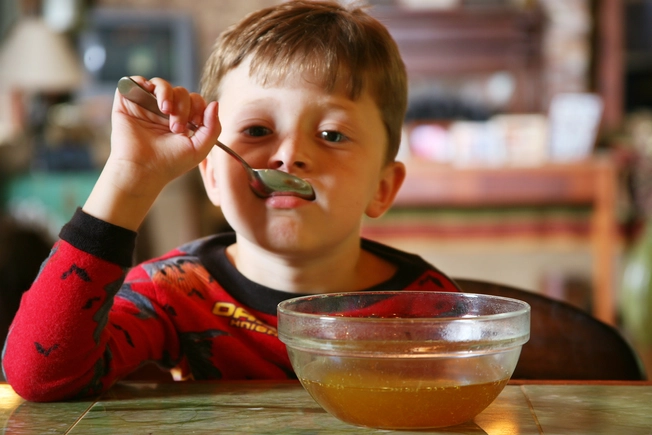
Soothe a Sore Throat
Think hot and cold. Milkshakes, cold drinks, and ice chips numb the throat. Warm broth, tea, or hot apple cider soothe it.
If your child is 8 or older, gargling with warm salt water twice a day may help them feel better. Over-the-counter medications such as acetaminophen or ibuprofen can ease pain, too.
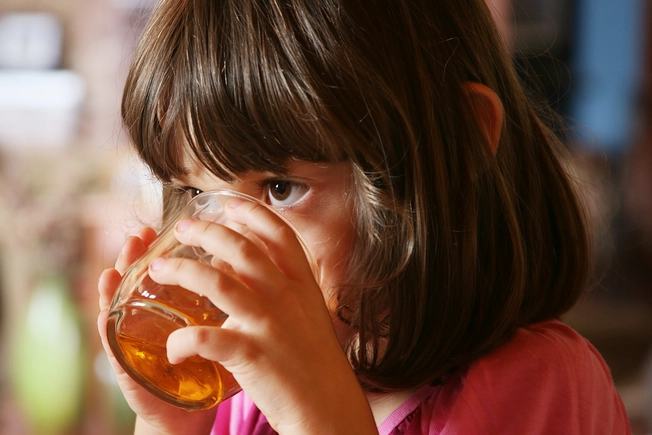
Calm the Cough
Treat a cough or not? It depends on your child’s age and how much it’s bothering them. A hacking cough that’s uncomfortable and disrupts their sleep needs attention. For kids between 6 months and 1 year old, give warm, clear liquids like diluted apple juice, lemonade, or water. If your child is older than 1, honey can help fend off nighttime coughing fits. Children 6 years or older can suck on cough drops or hard candies, too.
What else can help? Have your child breathe in the steam from a warm shower, or put a humidifier or vaporizer in their room.
Think Soft Foods
Don’t worry about "feeding a cold and starving a fever." Just make sure your child eats when they are hungry. Soft foods that are easy to swallow are more appealing to a child who isn’t feeling well. Try applesauce, oatmeal, mashed potatoes, and yogurt.
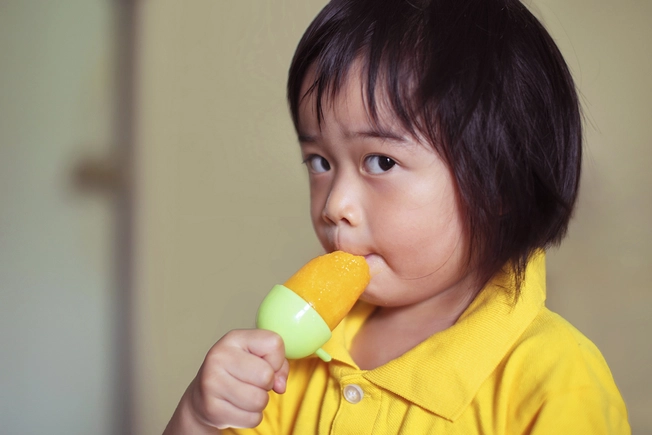
Tummy Troubles
Kids who've got the flu sometimes have upset stomachs with vomiting or diarrhea. If this happens to your child, they are losing fluids. So have them drink small amounts of an electrolyte solution or water and suck on ice pops. Ginger ale and other sodas, juices, and sports drinks can make diarrhea worse. If your child is not drinking enough, peeing less, or looks sick, call your doctor.
A child with diarrhea who isn’t dehydrated or vomiting can keep eating. Just give them smaller portions and more liquids.
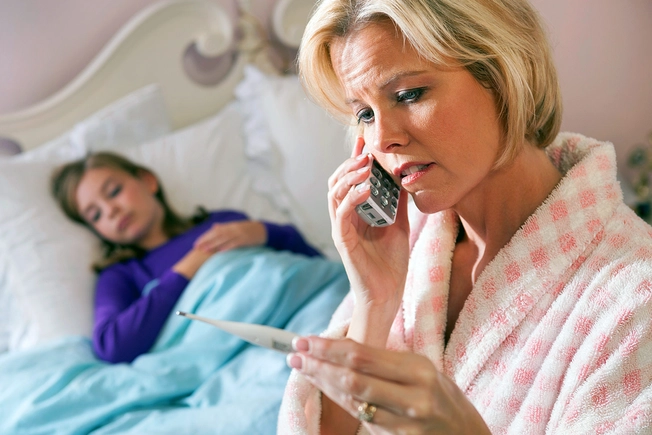
Trust Your Gut
Talk to your doctor if you’re worried or if your child's symptoms are getting worse. Watch for chest or stomach pain, shortness of breath, a headache, unusual fatigue, or face or throat pain that gets worse. Let your doctor know if your child has a fever of 103 F or higher, or has had a fever of 101 F or higher for more than 72 hours. If they are having trouble swallowing, is coughing up a lot of mucus, or has swollen glands or an earache, you should take them to see a doctor.
